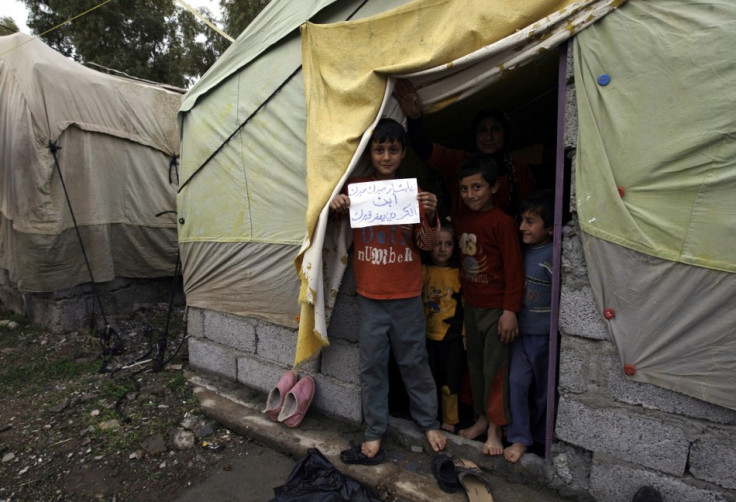More Syrian Kurds Crossing Border into Northern Iraq

More than 4,000 Syrian nationals of Kurdish origin have crossed the border into northern Iraq, as violence in Syria shows no signs of abating.
The UN High Commissioner for Refugees (UNHCR) has highlighted the increasing number of Syrian Kurds - who represent an estimated 10 percent of Syria's 23 million people - in northern Iraq.
The UNHCR works in collaboration with the department of displaced and migration in Iraq to register the increasing flow of refugees.
As of 31 March,the UNHCR had registered 760 arrivals, with 400 registrations pending. By 20 May, the number of Syrian-Kurdish refugees in Iraq had grown to 4,281, with 243 arrivals still waiting to be registered.
According to the UNHCR. there were an estimated 10 families and 50 singles in the process of being registered as refugees in Duhok, while in Ebril the organisation was approached on a weekly basis by an average of two families and 20 singles seeking to register.
The Domiz camp has been set up in Dohuk in an effort to provide the refugees with basic resources, such as food, water and medical care.
While the camp is undergoing work to cope with the influx of refugees, some of them have complained about inadequate hygiene in the communal latrines and bathrooms.
The UNHCR is now trying to organise activities for children and, in collaboration with other partners, to provide them with access to education while they are in the camp.
In other areas in the region, however, the refugees are left to fend for themselves.
In Erbil, for example, they stay with relatives or members of the local community, since no other form of assistance is available. They receive no help from the local authorities, UNHCR noted.
Some of the refugees who fled the violence in Syria end up feeling vulnerable upon their arrival in Iraq, as it continues to struggle with sectarian violence and security.
Most of the Syrian refugees of Kurdish origin head to Iraqi Kurdistan, an area that borders Iran to the east, Turkey to the north, Syria to the west and Iraq to the south.
The Kurdistan regional government officially administrates the area, whose capital is Erbil.
While Syrian Kurds have been welcomed and the UNHCR has received permission to set up camps, many of the refugees are still waiting to register their status and receive aid.
Until they are able to do so, they are left in a precarious position. After having crossed the border illegally, they cannot turn to the government for assistance.
To add to this mix, throughout the country there are also internally displaced Iraqis who require continued assistance and protection from the UNHCR.
As Baghdad is already struggling to cope with the number of internally displaced people in Iraq, the federal government has rejected having any responsibility for the Syrian-Kurdish refugees flooding across the border, who would put additional pressure on resources.
© Copyright IBTimes 2025. All rights reserved.





















